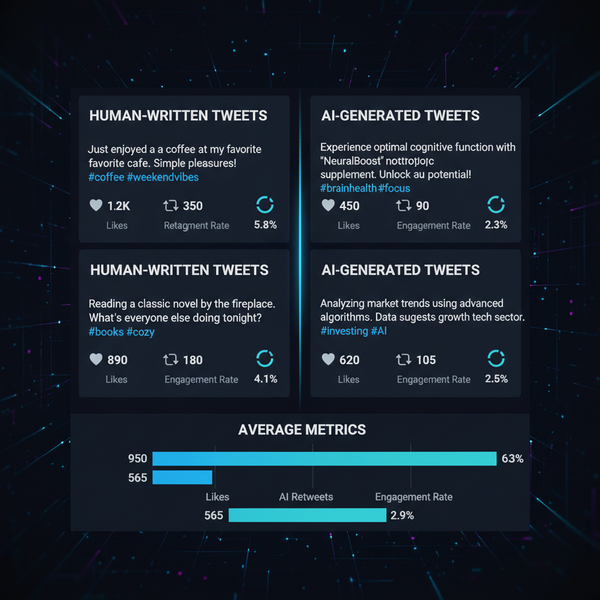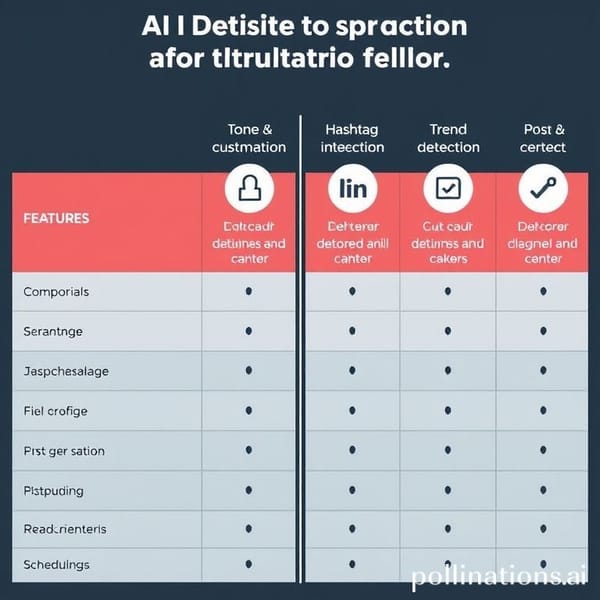Define Community Manager: Role, Responsibilities and Skills
Learn the evolving role of community managers, their responsibilities, essential skills, and how they differ from social media managers and moderators.
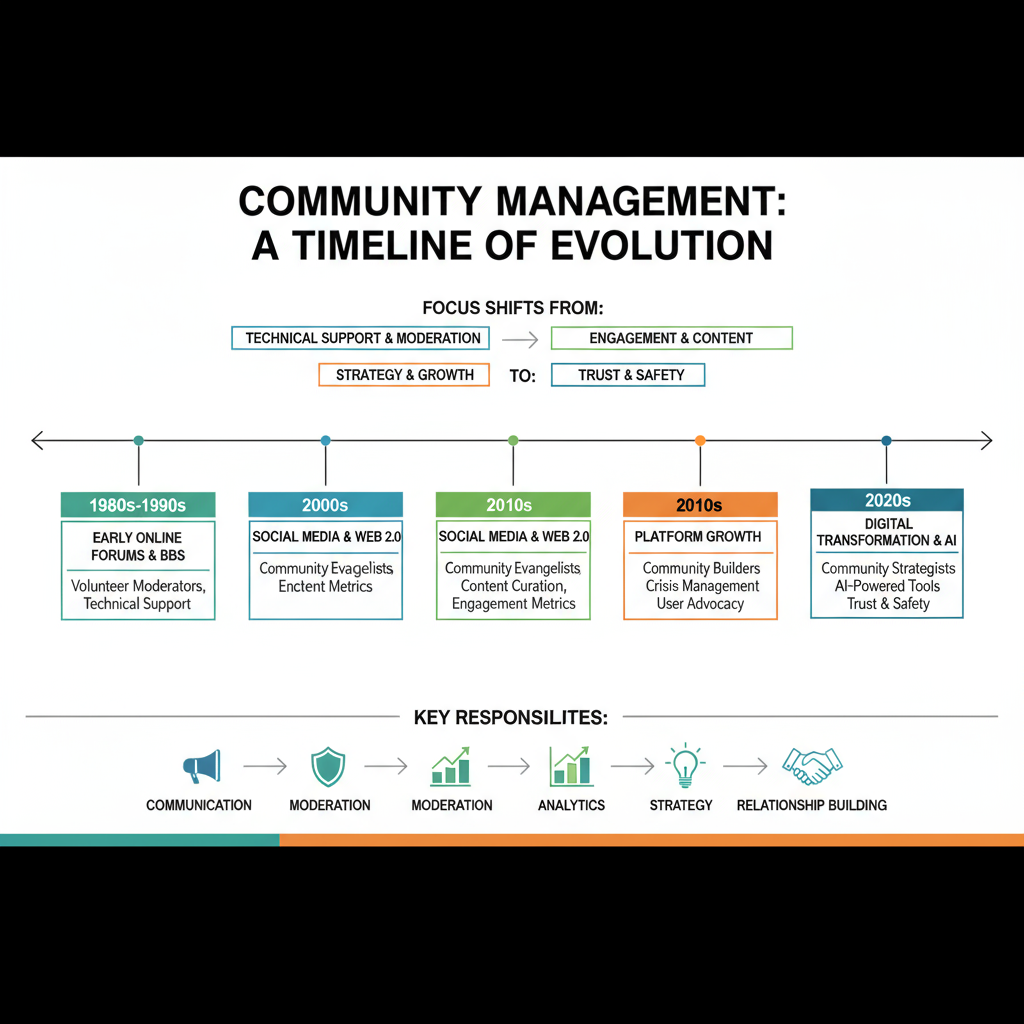
Introduction: Defining the Community Manager Role in Modern Marketing
In the digital age, the community manager has become a pivotal figure in marketing and brand strategy. Acting as the bridge between a brand and its audience, they foster genuine relationships, facilitate meaningful conversations, and build trust across diverse online and offline channels. This role is integral to shaping brand perception, engaging audiences, and turning casual followers into loyal advocates.

Far more than a moderator, the community manager coordinates engagement strategies, cultivates brand ambassadors, and collaborates across marketing, customer service, and public relations functions. Whether in start-ups, nonprofits, established enterprises, or niche communities, they create and maintain vibrant ecosystems around the brand.
---
History and Evolution of Community Management
Community management traces its origins to the early online forums and fan clubs of the 1990s, where volunteer moderators kept discussions organized and harmonious. As social media platforms emerged in the 2000s, companies recognized the need for dedicated professionals to manage rapidly growing online audiences and interactions.
Over time, the role evolved from managing newsletters and forums to overseeing massive communities on Facebook, Twitter/X, Discord, and beyond. Today, with influencer marketing and brand storytelling at the forefront, community managers actively shape narratives and champion authentic engagement.
---
Core Responsibilities: Online and Offline Roles
A community manager’s responsibilities span both digital platforms and in-person interactions.
Online Responsibilities
- Managing comments, discussions, and messages on social channels.
- Creating and curating engaging content.
- Monitoring sentiment, trends, and community feedback.
- Addressing complaints and resolving conflicts.
- Coordinating campaigns with marketing teams.
Offline Responsibilities
- Organizing meetups, events, and conferences.
- Representing the brand at public forums.
- Building partnerships with other communities or businesses.
- Engaging local stakeholder groups.
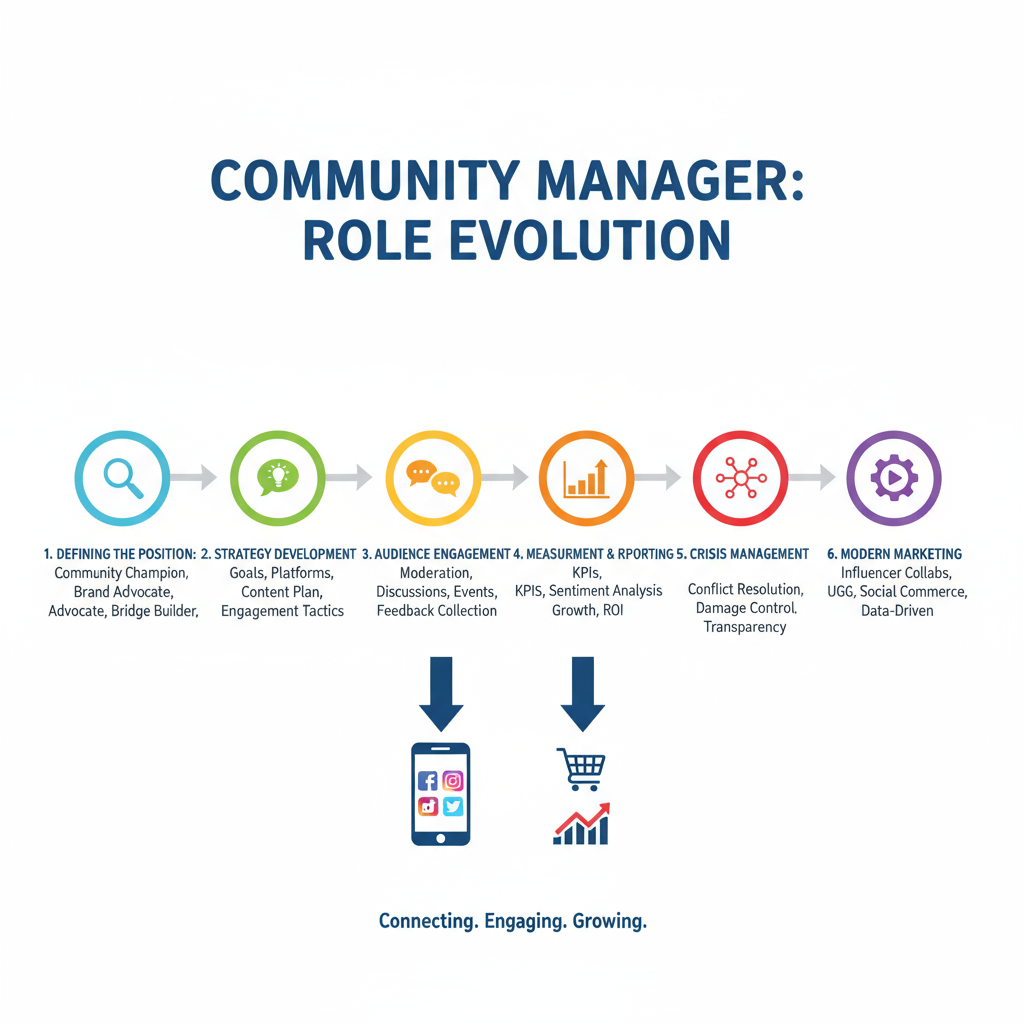
Balancing online presence with offline touchpoints ensures the brand remains approachable and trustworthy across contexts.
---
Key Skills for Successful Community Management
Communication
Clear, consistent, and empathetic interaction reflects a brand’s tone and values.
Empathy
Understanding the needs, frustrations, and aspirations of members fosters loyalty and respect.
Analytics
Analyzing engagement rates, growth trends, and sentiment data informs data-driven strategies.
Crisis Management
Addressing negative incidents quickly and effectively safeguards trust and reputation.
---
Understanding the Difference: Community Manager vs. Social Media Manager vs. Moderator
While these roles share similarities, their focuses differ:
| Role | Primary Focus | Scope | Skills |
|---|---|---|---|
| Community Manager | Engagement & Relationships | Online & Offline | Communication, Relationship Building, Analytics |
| Social Media Manager | Content & Campaigns | Online Platforms Only | Marketing, Copywriting, Design |
| Moderator | Rule Enforcement | Specific Forums or Groups | Conflict Resolution, Policy Enforcement |
This distinction helps organizations allocate resources and responsibilities more effectively.
---
Tools and Platforms Every Community Manager Should Know
To manage engagement efficiently, community managers employ a broad toolkit:
- Social Media: Facebook, Instagram, TikTok, Twitter/X, LinkedIn.
- Community Platforms: Discord, Slack, Microsoft Teams, Reddit.
- Analytics Tools: Google Analytics, Brandwatch, Sprout Social.
- Content Creation: Canva, Adobe Express, Figma.
- Project Management: Trello, Asana, Notion.
Mastery of these tools streamlines communication, tracks KPIs, and maintains brand consistency.
---
Measuring Success: KPIs and Metrics
The impact of a community manager’s work can be quantified through key performance indicators.
Common KPIs
- Engagement rate (likes, comments, shares, mentions).
- Community growth rate (new members/followers).
- Retention rate of existing members.
- Event participation numbers.
- Sentiment analysis scores.
Example: Engagement Rate Calculation
Engagement Rate (%) = (Total Interactions / Total Followers) x 100Regular monitoring and analysis of such metrics allow for continuous improvement in engagement approaches.
---
Career Path and Industries Hiring Community Managers
Community management spans multiple industries:
- Technology & SaaS – User forums, beta tester communities.
- Gaming – Player engagement via Discord, Twitch.
- Nonprofits – Volunteer coordination, awareness campaigns.
- Retail & Fashion – Loyalty programs, brand communities.
- Education – Student forums, alumni networks.
Career advancement often moves from Community Moderator to Manager, then to Head of Community or Director of Engagement.
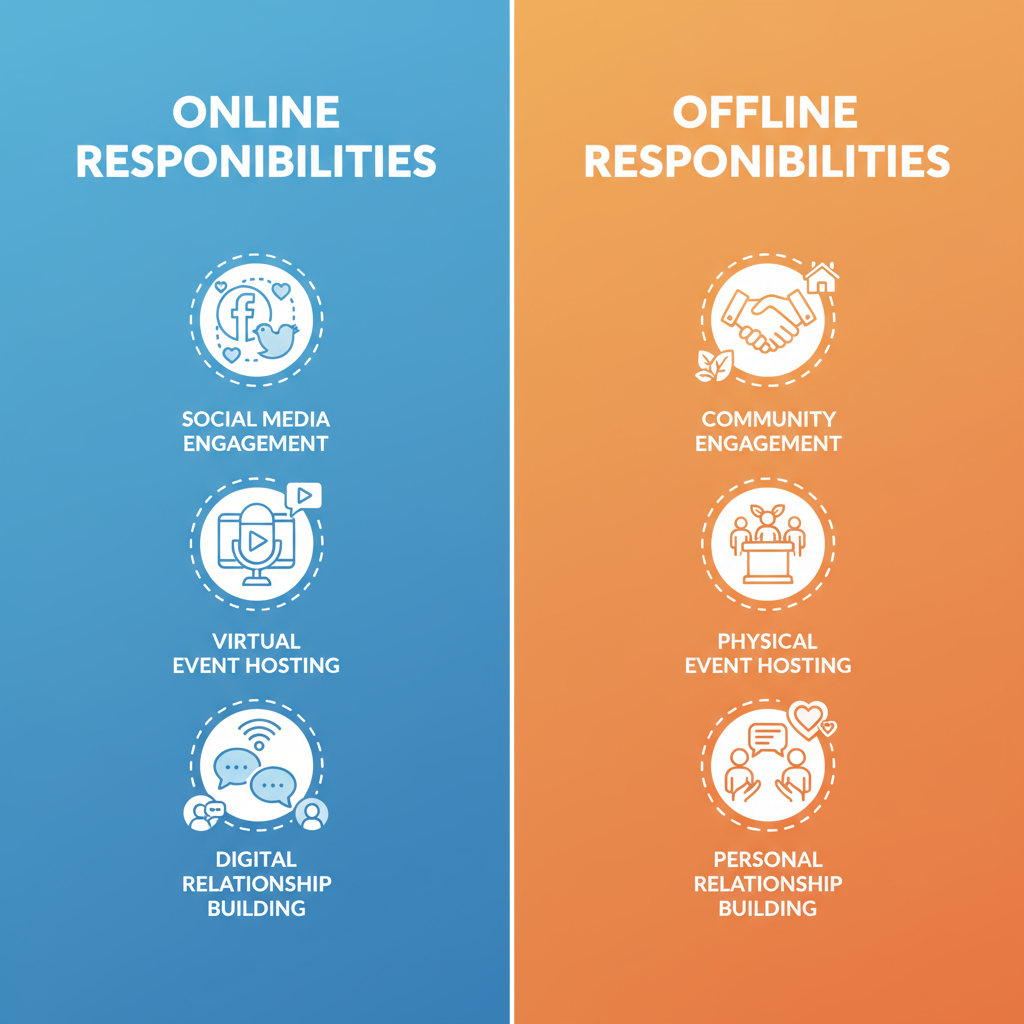
---
Challenges Faced and Best Practices
Common Challenges
- Managing negativity, trolls, and spam.
- Sustaining engagement during quiet periods.
- Balancing promotion with authentic interaction.
- Navigating diverse cultural contexts in global communities.
Best Practices
- Establish clear guidelines and enforce consistently.
- Engage proactively, not just in reaction.
- Personalize member interactions.
- Track and respond to trends promptly.
- Use analytics to guide content and engagement strategies.
Steadfast authenticity and consistency are the hallmarks of effective community management.
---
Conclusion: The Strategic Value of Community Managers
To define community manager today is to recognize their multifaceted role in shaping brand loyalty and perception. They are the voice, ears, and heart of the brand — converting feedback into strategy, translating brand values into action, and creating inclusive spaces for meaningful interaction.
In a market where audiences demand personal connection, investing in skilled community managers is a strategic path to building trust, nurturing advocacy, and driving sustainable growth.
---
Summary:
Community managers are vital connectors between brands and their audiences, expertly balancing online and offline engagement. Their role encompasses communication, analytics, and crisis management, using modern tools to track and enhance success. By distinguishing them from related roles, understanding their career paths, and following best practices, brands can leverage community managers to foster loyalty and long-term engagement.
Call to Action:
Looking to strengthen your brand’s relationship with its audience? Invest in a dedicated community manager to unlock authentic growth, boost satisfaction, and inspire advocacy.


